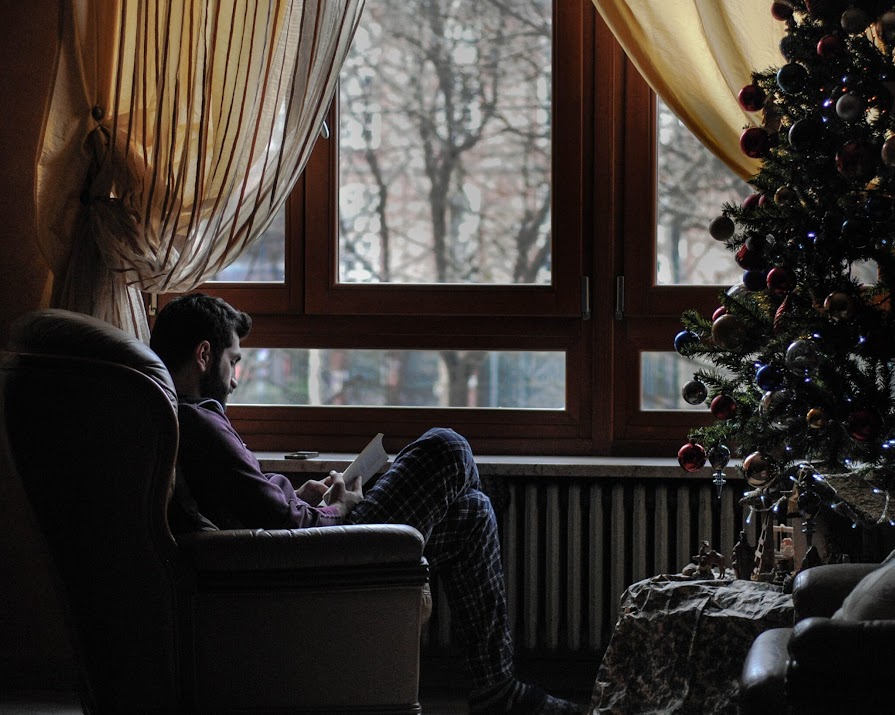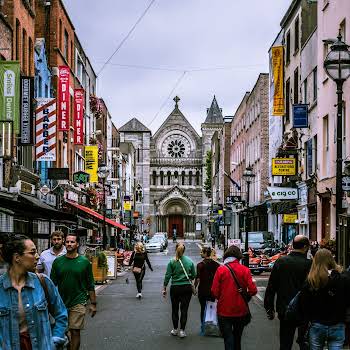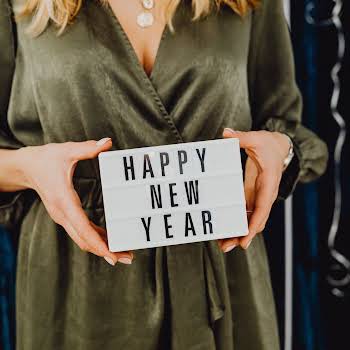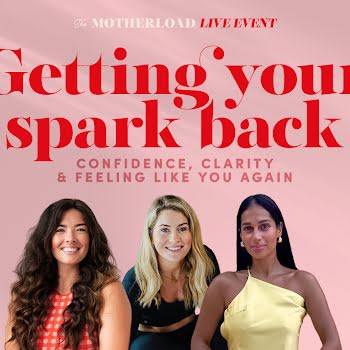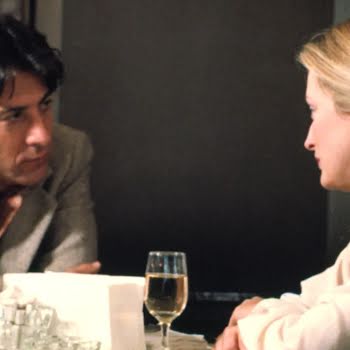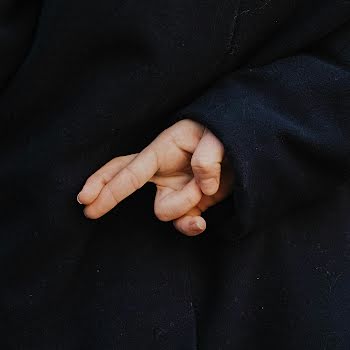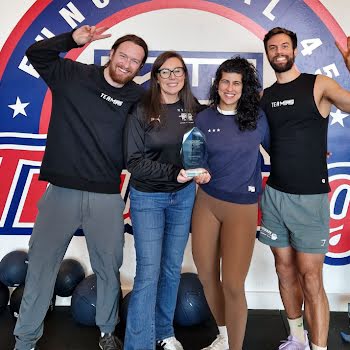
By Niamh Ennis
11th Dec 2023
11th Dec 2023
Tis the season to be jolly, right? Not so! The theme of loneliness is one that I’m coming across with greater frequency.
Last week, for example, I sent out an email to my own community on this very subject, which had a response unlike none other. It really hit a chord. I suspected that it might resonate with a few, but I confess to being staggered at the level of intensity in the subsequent replies. People are really feeling it.
By chance, this also coincided with my hearing Annie Macmanus’ excellent podcast Changes, in which she interviewed Dr Vivek Murthy, the 21st US Surgeon General, originally nominated by Barack Obama and again by President Joe Biden. Murthy is a man who clearly is extremely passionate about the subject of loneliness. To give this all further credence, just last month, The World Health Organisation announced that it is making loneliness a global health priority, when they launched a new Commission on Social Connection. The plan is, that for the next three years, they will focus on ways to address this health threat and create strategies to help people deepen their social connection. It is of course co-chaired by the above-mentioned, Dr Murthy, and explores, in depth, the risks of social isolation that has made this issue one of his key priorities while in office. “For too long, loneliness has existed behind the shadows, unseen and underappreciated, driving mental and physical illness. Now we have a real opportunity to change that” he said.
THE PHYSICAL IMPACT
What may surprise many of us is that loneliness is not just an emotional response; it is also having a major impact on our personal physical health and has serious consequences on our physical as well as our mental wellbeing. That feeling of isolation, loneliness or disconnection; while increasing our levels of anxiety and depression, has also been proven to increase our risk of cardiac disease, stroke, dementia and ultimately in pre-mature death. The reality is that people who lack social connection face a higher risk of dying early which is sobering in the extreme.
It may seem somewhat contradictory in this modern digital age but statistics are backing up claims that the younger generation are now experiencing loneliness at a much greater rate than ever before. Why do we think this is the case? Well, according to Dr Murthy, it is likely down to this, ‘whether or not we feel lonely actually comes down to the quality of our connections as opposed to the quantity’.
With the advent of social media our relationships are increasingly shifting from offline to online and with that emerges a greater emphasis on the quantity of those connections. When it pertains to social media, think, for example, about the number of followers you have, versus the number of close friends that are in your life, and ask just where your focus lies. Consider also that you are much better off having two or three people who you know well, who you can show up for in a crisis and who you believe would show up for you too, with those who you can truly be yourself with, than having thousands of connections on Facebook! Which matters most and which should matter most.
HOW TO KNOW YOU’RE LONELY
This can be the really tricky part, especially as loneliness is a great masquerader. In some, it can present itself in sadness or withdrawal, in others it manifests in anger and irritability. Some people can appear aloof in their attempt to disguise what lies beneath.
What makes this even more poignant is that the lonelier we get the more we come to believe that perhaps it’s because there is something wrong with us; or that there’s something missing in us that makes us less likeable, less lovable. Instead of reaching out to others to help combat this, we can often find ourselves retreating and convincing ourselves that it’s best for us, and for everyone else, if we just try and go it alone. At the same time, we become much more sensitive to the evidence that we think is confirming our belief that we are unlovable and unlikeable.
Very often, I see this in clients who profess to being ‘too busy to care’ and so, when I feel they are ready, I get them to seriously consider the question ‘what is it I am avoiding?’ This can be a game changer. There’s a learning in this for us all not to be the busy fool running around putting up walls, pretending even to ourselves that we don’t need anyone. The truth is we do and we have to start by letting people in.
Know this, there is zero shame in expressing that you feel lonely. If you’re struggling accepting this and talking about it then please search out someone you trust, either personally or professionally, and share your worries with them. Please don’t suffer in silence. If, as we are now discovering, loneliness is fast becoming a global epidemic, there’s a very good chance that you are already lonely or someone close to you is.
NAVIGATING LONELINESS
I want to leave you with Dr Murthy’s thoughts on the three essential types of relationships that we all need for us not to feel lonely.
Intimate Connections – your partner, best friend, siblings – those you can be fully yourself with.
Relational Connections – friends you get together regularly with – those you choose to spend your time with.
Collective Connections – your work, faith, sporting or communities with a shared interest.
We need all three of these connections in our lives. Do all of these feature in your life? If not, then this could be a good time to start thinking about where you might be missing out. If you identify a gap then you might consider just how you can go about changing this. Remember that you were never meant to do this business of life alone and connecting with others, letting them in, is not about being vulnerable but has everything to do with looking after yourself. Yes, you deserve to be happy, but more importantly you deserve to feel heard and be loved.
Niamh Ennis is Ireland’s leading Change & Transformation Coach and author of Get Unstuck who through her private practice, writings, programmes, workshops and podcast has inspired and helped thousands of people to make significant changes in their lives. She is an accredited Personal, Leadership & Executive Coach and the Lead Coach in the IMAGE Business Club. Niamh is introducing a selection of new ways you can work with her in 2024 – including a half day ‘Quick Fix’, a full day ‘Get Clarity’ and is also currently accepting applications for her flagship‘3 Month Bespoke 121 Coaching Programme called Strategy Meets Soul, starting February 2024. Follow Niamh on Instagram @1niamhennis.
Photography by Paola Chaaya on Unsplash.











